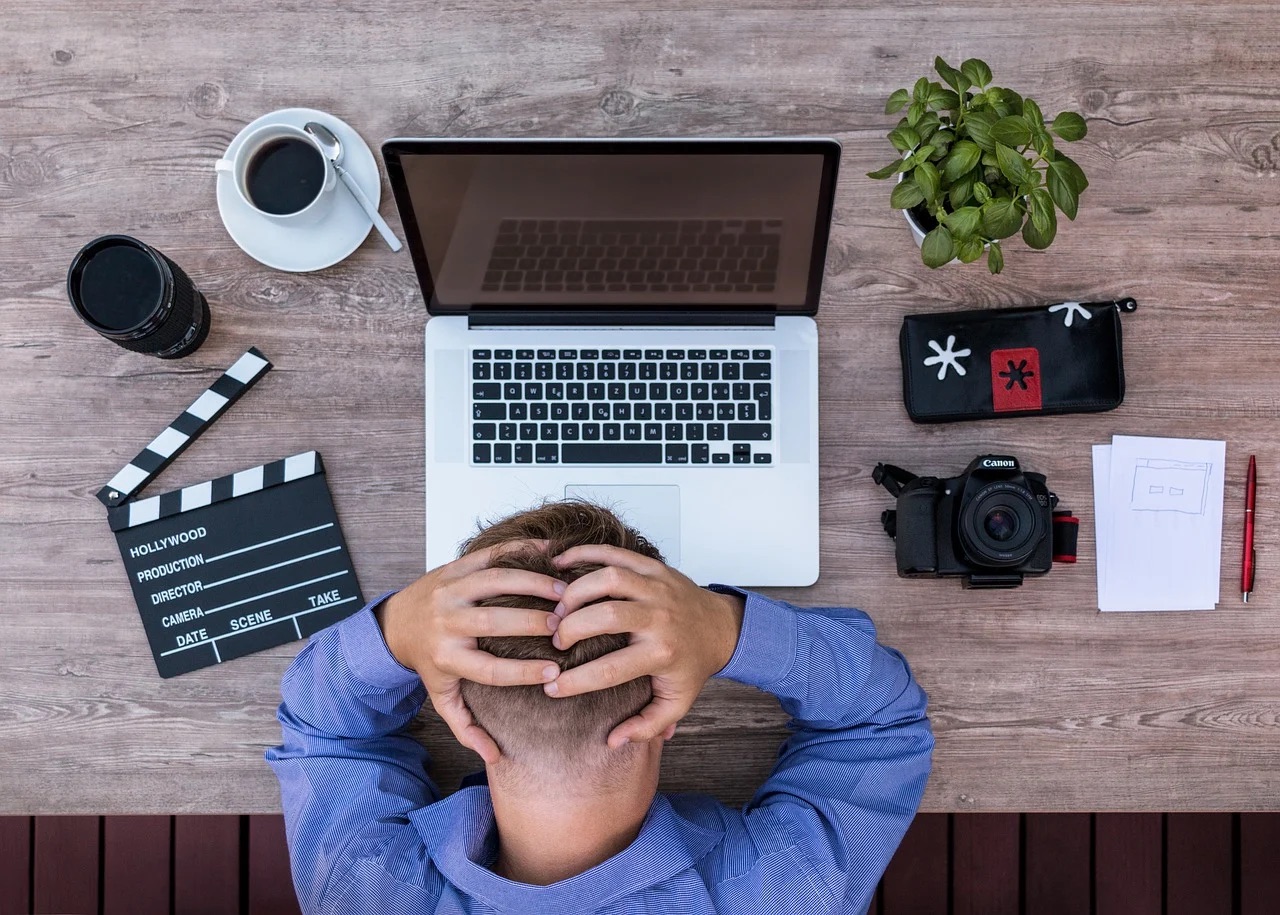Fun Exercises To Quickly Improve Creative Thinking by Ashley Lipman others a number of suggestions that you and your students or family can use to get the creative juices flowing. See how many of her tips you already use and consider which ones you might want to add to boost your creativity.
Getting Past Brain Blocks
There’s an old saying: the spirit is willing, but the flesh is weak. Many times you’ll set a day aside so you can get something done. Then you get all prepared for the work, and you can’t write a word, or record a note—or whatever creative thing you’ve set yourself to do.
Maddening, isn’t it? How do you reliably, continuously stimulate your imagination productively? How do you overcome constraining mental blocks when they backhand your productive day out of the clear blue? Well, for one thing, you need to separate what you’re doing. If you’re trying to force art, just stop; you can’t do it.
The best you can do is produce an approximation of your talent which has no vision behind it, and so no “soul”. However, if you are creatively involved in certain projects requiring your talent, you don’t have the luxury of awaiting inspiration.
Ideally, you should avoid putting yourself in a position where the artistic output of a qualitative kind aesthetically speaking is demanded of you. Realistically, you can’t always do that. So next I’ll go over a few ways you can creatively unclog your mind and get things done more quickly.

1. Take A Walk, Keep A Voice Recorder With You.
A change of scenery can do a lot to get your imagination going. If you’ve been writing a story at home on your laptop, and your brain just won’t kick into high gear, maybe go to a local coffee shop that you like. If that doesn’t work, take a walk in a park with a voice recorder should any ideas come to you. Also, keep one near your bed in case you wake up with a bright idea.
Sometimes the ideas are too large for a voice recording, but sitting down with a notebook is a bit more inconvenient—still, for some, this is a better option. Certainly, it depends on your particular personality, and the things you’re working on. The point is, sometimes you need to shake things up a bit. When you do that, new ideas develop as a consequence of the change.

2. Role-Playing Games
RPGs, or Role Playing Games, aren’t quite what modern people think of when they see the abbreviation “RPG”. Today, everybody thinks of video games, but RPGs started with things like Dungeons and Dragons back in the seventies and eighties.
You might run a fast little D&D campaign to reap some of the ideas from the experience. These are inexpensive and widely available in many different iterations. D&D mods exist which have fantasy themes, modern themes, and science fiction themes; so you’re not restricted to a “classic” approach.
You don’t have to rely solely on D&D as a means of role-playing, that’s just the most common option. Also, it’s a fun group activity. Similarly, though, you can throw a bunch of words in a hat and pull a few out at random to stimulate your imagination. It’s best if you have people write down words you didn’t think of yourself if you go this route.

3. Meditation, Exercise, And Search Engines
In the morning, you should take the time to meditate. Now that need not necessarily involve an eastern religious practice. You can meditate on traditional scriptures if that suits you. You might meditate on political writings, poems, fiction, or just the outdoors before you. Different meditation motifs exist for different people.
Similarly, working out can clear your mind and give you interesting ideas. If you work out an hour a day, you’ll get ideas. Catch a few of those ideas and use them as fodder later on. The key here is isolating situations in life where the mind naturally wanders and using those instances to your advantage.
Everybody’s mind does this. Those who are the most creative have simply learned to harness the reality. But it’s easier said than done, and if all else fails, don’t be afraid of using search engines for ideas to help stimulate your imagination.

4. Music, Journaling, Doodling, And Stimulating Conversations
Music can put you in a sort of emotional fugue where the ideas flow like wine. Journaling every day can capture old ideas you can refer to later when you reach a blockage. Doodling or freewriting can pop up concepts from your subconscious, making them available to your conscious mind as you go about getting ideas.
Lastly, stimulating conversations with unique individuals gives you the benefit of their mind and their subconscious as a field for idea mining. Keep the eccentric people close, and refer to them when you have no other recourse.
Clearing The Up Creativity Blockages
Take a walk, change the scenery, look into RPGs, meditate, exercise, utilize search engines, listen to the right music, journal, doodle, and have stimulating conversations. All these things can be used to help you think of things, and be imaginative. One thing you shouldn’t do is isolate yourself in the same routine continuously. Good luck. Thanks, Ashley. She can be reached at mark@outreachmama.com.





